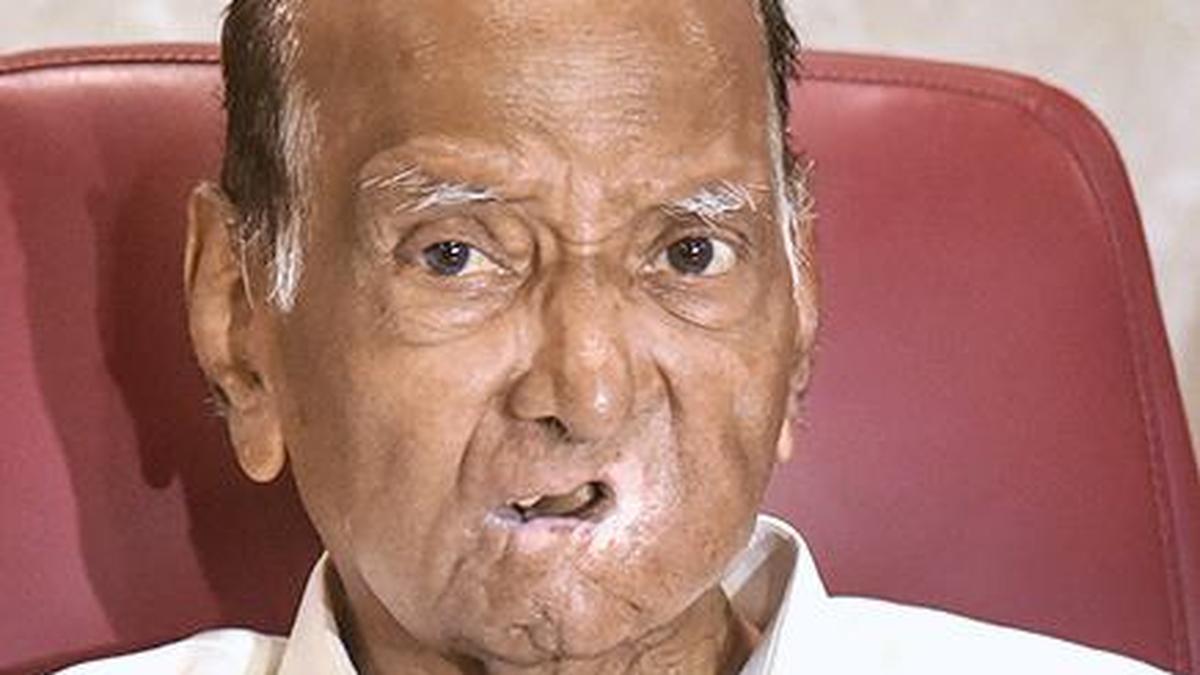
Sharad Pawar calls Devendra Fadnavis to discuss Parbhani violence, Beed sarpanch's murder
The Hindu
NCP(SP) President Sharad Pawar discusses Beed and Parbhani cases with Maharashtra CM, urges action and justice.
Nationalist Congress Party (Sharad Pawar) [(NCP(SP)] president Sharad Pawar on Sunday (December 22, 2024) had a telephonic conversation with Maharashtra Chief Minister Devendra Fadnavis about the murder of a sarpanch in Beed and the death of a man following violence in Parbhani.
Mr. Pawar on Saturday (December 21, 2024) visited the families of Santosh Deshmukh, the slain sarpanch and Somnath Suryawanshi, who allegedly died in judicial custody after his arrest in connection with the violence in Parbhani. The NCP(SP) chief attended the Bhimthadi Jatra at the College of Agriculture in the city on Sunday (December 22, 2024.)
While at the event, he called the Chief Minister, urging him to take note of the Beed and Parbhani cases. Mr. Fadnavis on Friday (December 20, 2024) announced judicial probes into the Parbhani violence and the sarpanch's murder and financial assistance of ₹10 lakh each to the kin of Deshmukh and Suryawanshi.
Talking to reporters in Pune, Mr. Pawar said, "I had a word with the Chief Minister about the places I visited yesterday. I told him that the situation was serious and asked him to take note of the issue." The senior politician said he also invited Mr. Fadnavis to the 98th All India Marathi Literary Convention (Marathi Sahitya Sammelan) scheduled in Delhi.
Protests in Parbhani had turned violent last week when the replica of the Constitution was vandalised and Suryavanshi, who was arrested in this connection, died in judicial custody. In Beed, the sarpanch of Massajog village, Santosh Deshmukh, was abducted and murdered on December 9, 2024.





















 Run 3 Space | Play Space Running Game
Run 3 Space | Play Space Running Game Traffic Jam 3D | Online Racing Game
Traffic Jam 3D | Online Racing Game Duck Hunt | Play Old Classic Game
Duck Hunt | Play Old Classic Game











